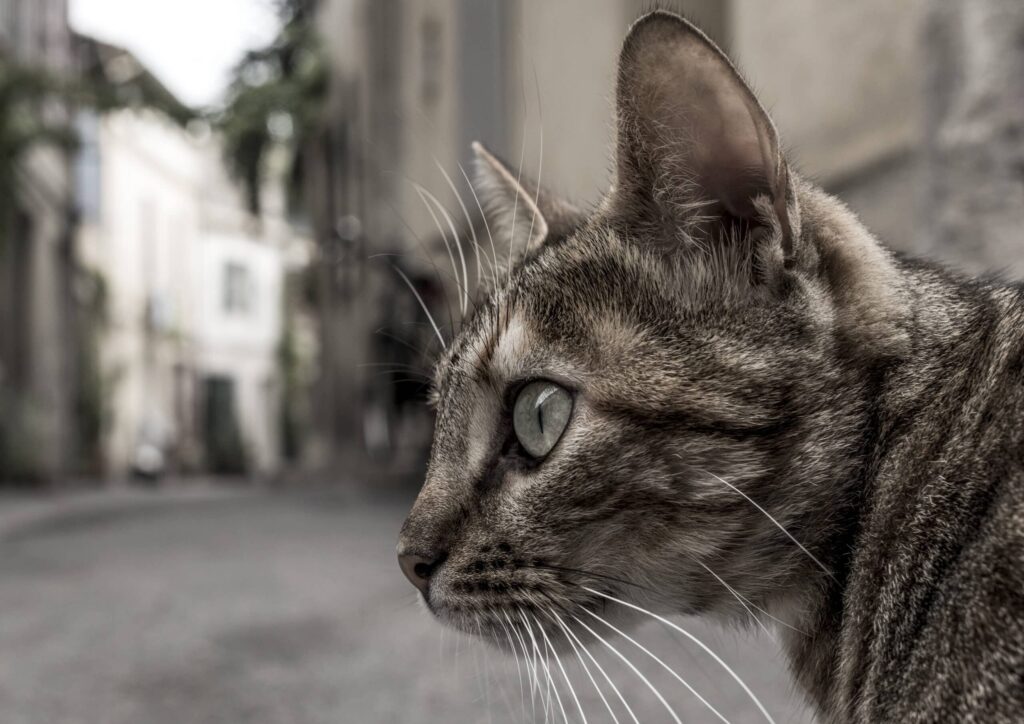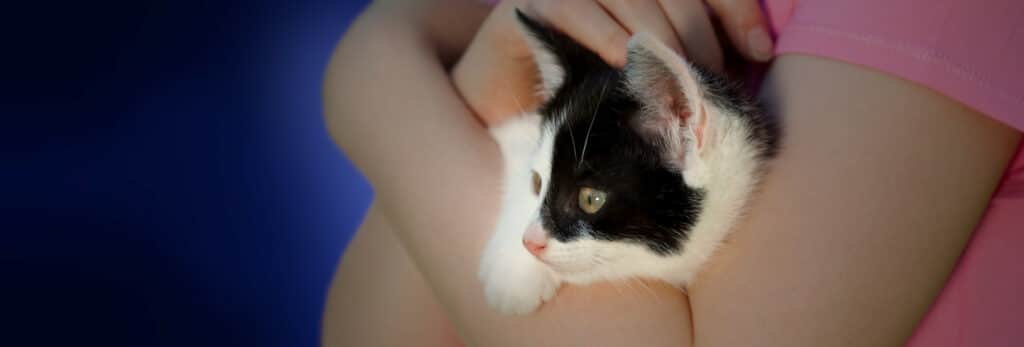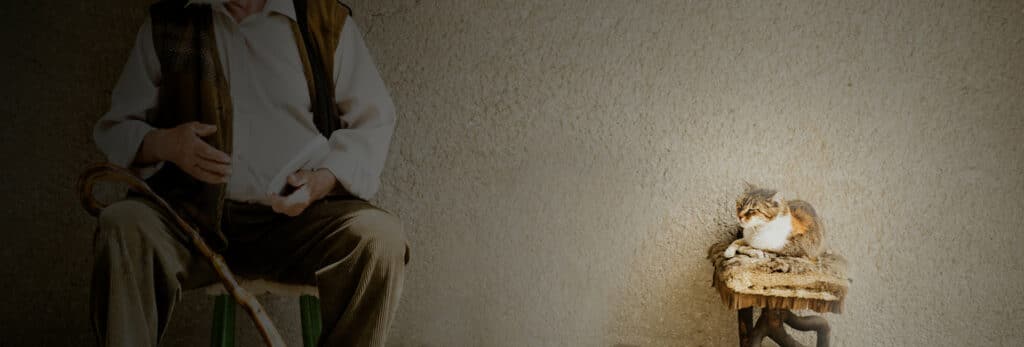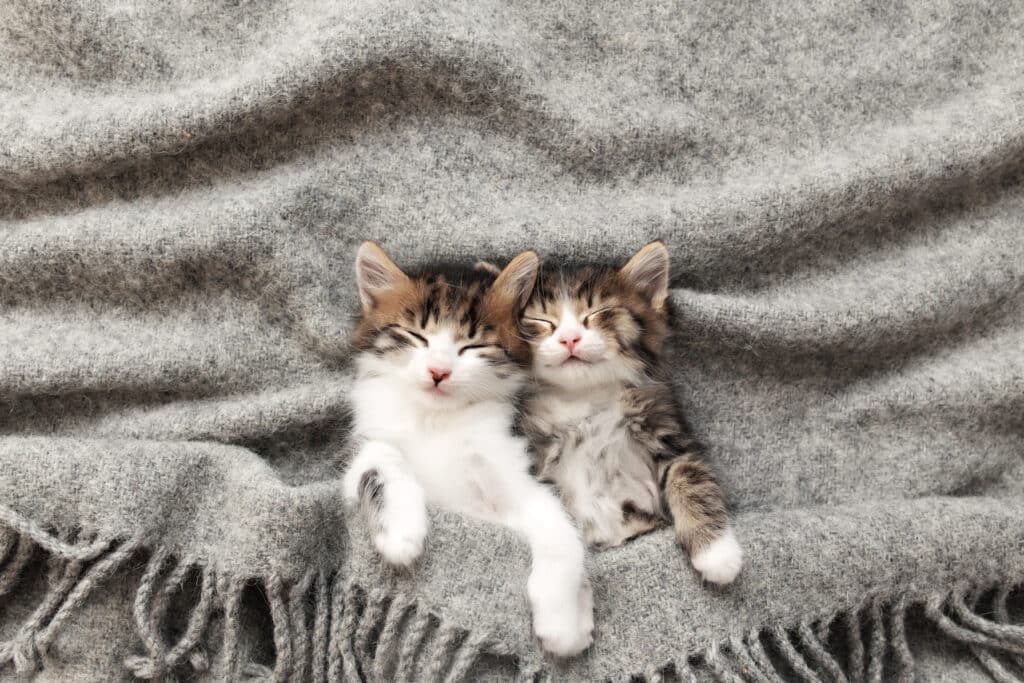
How Fast Do Cats Age?
Cats age much faster than we do. In the first year of a cat’s life, it will reach the human equivalent of fifteen years old. And by the time a cat turns three, it will be twenty-five years old in human terms.
Your cat’s headstart doesn’t end at age three. Every year from its third birthday is equal to around seven human years. Despite this rapid aging, the little blighters look better than we do at an equivalent age!
Aging gracefully
While cats age more gracefully than dogs, and much more gracefully than us, they do still show signs of aging. As it gets older, your cat…
- Won’t be able to jump as easily as it used to
- Will suffer a decrease in appetite
- Will sleep more and for longer periods of time
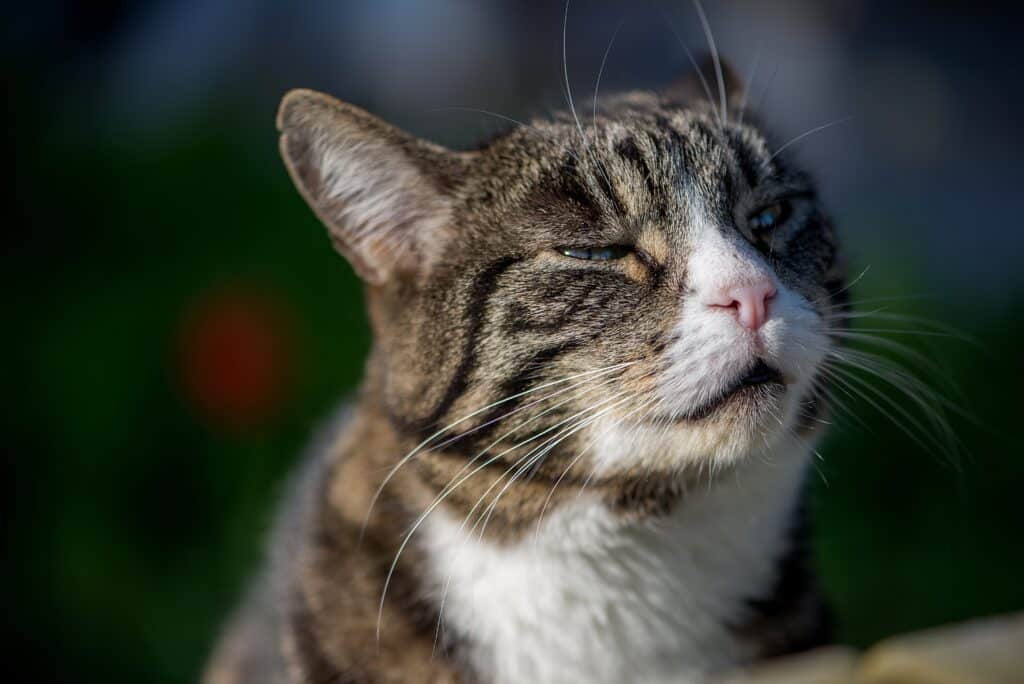
How long do cats usually live?
Many cats now live well into their late teens and early twenties. Indoor cats tend to live longer than outdoor cats. And female cats tend to outlive their male siblings.
As with human beings, genetics plays a major role in a cat’s longevity. So does a cat’s diet, weight, quality of the health care it receives, and emotional well-being.
Signs a cat is aging
Cats are very good at hiding the health and age-related problems they face. For example, it can be hard to tell that your cat is in pain.
While arthritis is a major problem for cats, it can be hard to diagnose because the signs are subtle. Look for an unkempt appearance and a reluctance to jump up onto high places. Eventually, a cat may even struggle to get into a litter box.
As a cat with arthritis gets very old, you may notice a change in sleep patterns, a tendency to avoid interaction with humans, and a dislike of being stroked or brushed.
Common medical problems in older cats
Like humans, cats are more likely to develop medical problems as they age. The most common illnesses found in older cats are similar to ours.
As a cat gets older, it may develop chronic renal disease, heart disease, diabetes, arthritis, hyperthyroidism, dental disease, or cancer.
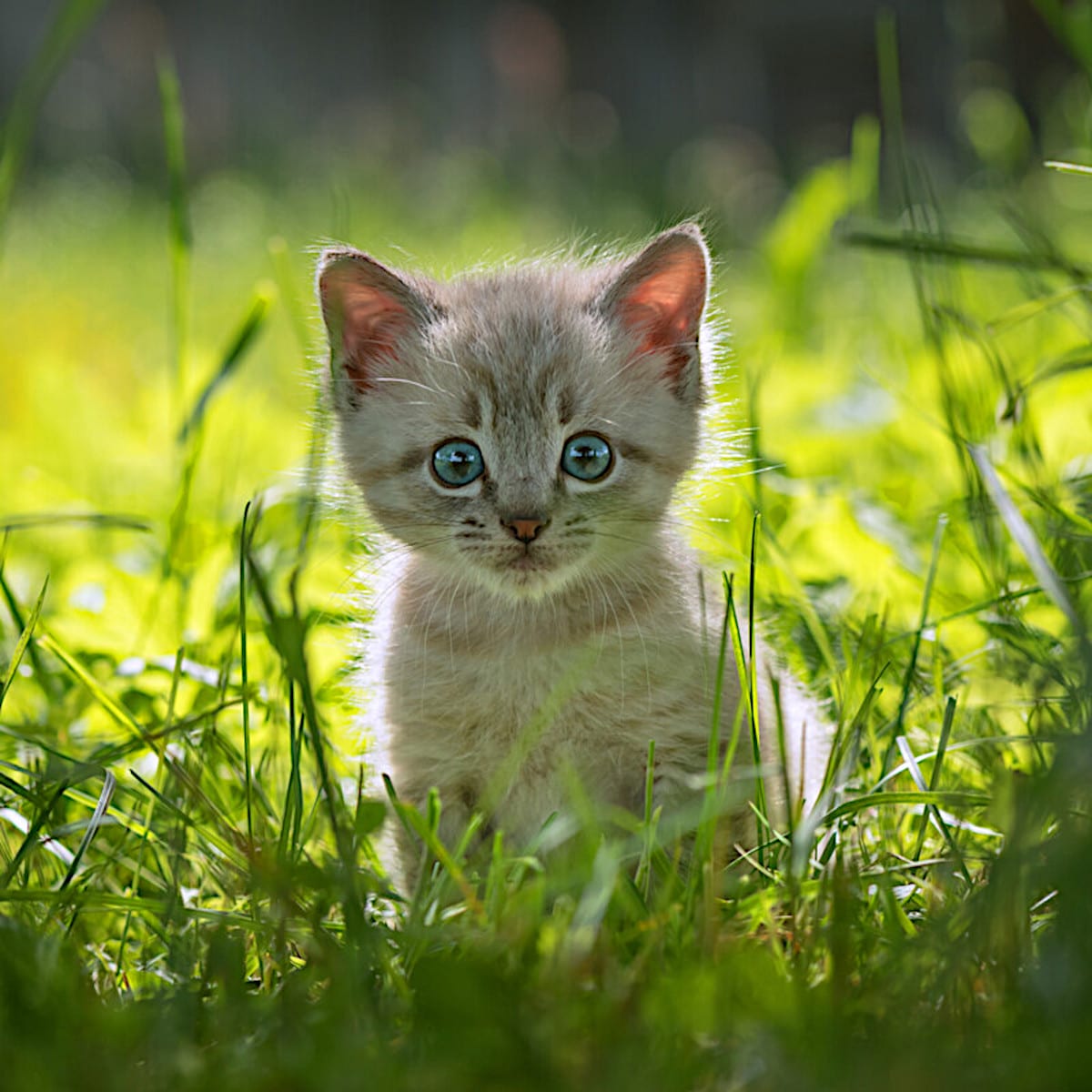
Overactive thyroid
Look out for weight loss, increased appetite, increased thirst, and frequent urination. These may be a sign that your cat has an overactive thyroid.
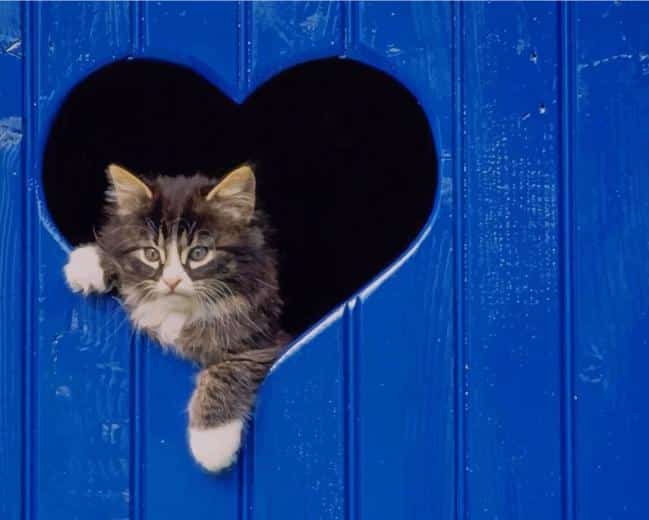
Diabetes mellitus
Excessive thirst and urination, weight loss despite appetite, an unhealthy coat, and frequent urinary tract infections could signal diabetes.
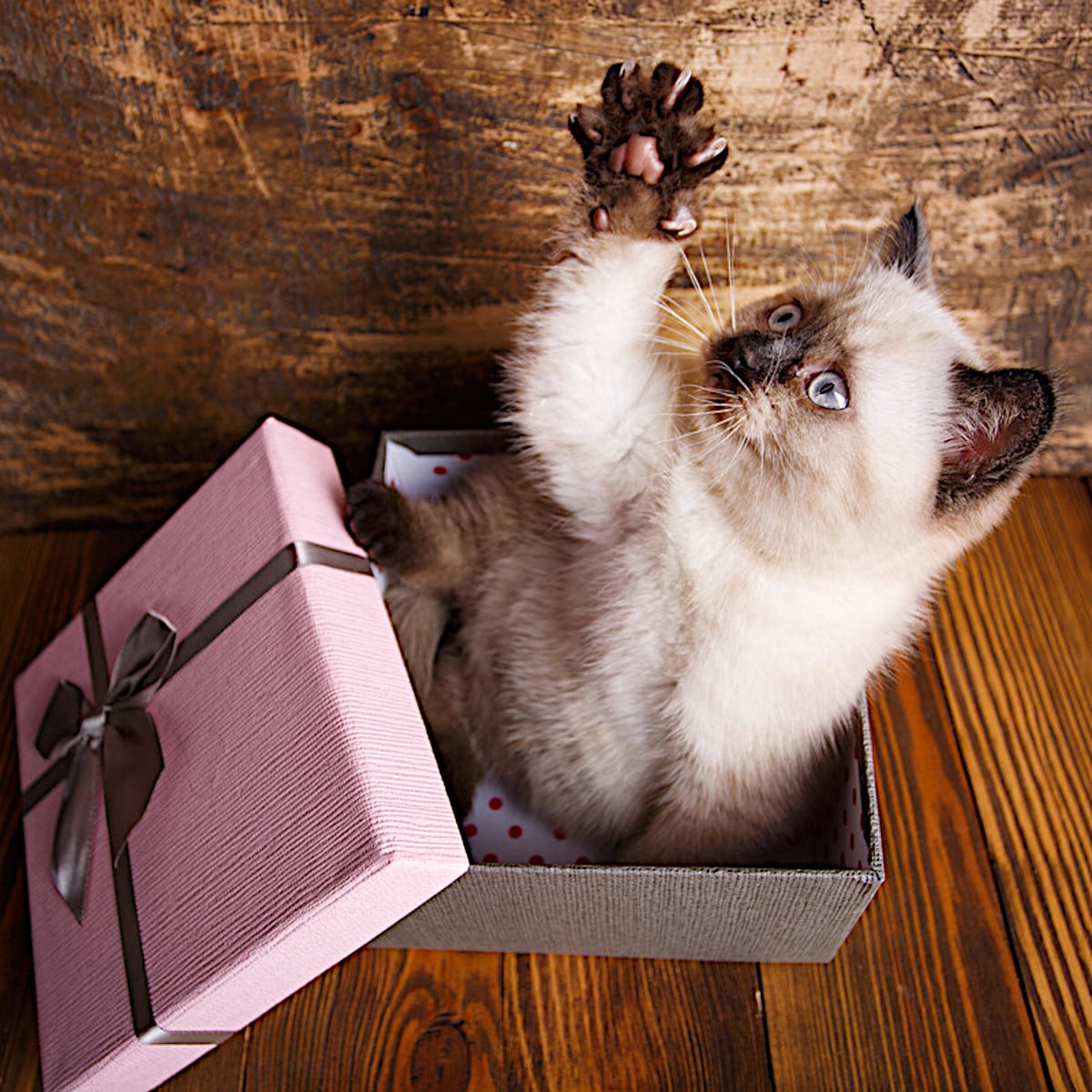
Chronic renal disease
Intermittent vomiting, dehydration, increased urination, foul breath, lower back pain, swollen limbs, and decreased activity may indicate renal disease.
Talk to your vet
Diagnosing illness in cats is challenging. If you have any concerns it’s important to talk to your vet as soon as possible. As in human health, an illness caught early is more likely to be treated successfully.
The most common illnesses by gender are…
Adopt an older cat
Many families don’t want the responsibilities that go with adopting an older cat. The potential for higher medical bills and the possibility of the need for greater care are offputting to many. As a result, older cats often remain in shelters for a long time.
One thing that many people fail to take into account is the answer to the question, “How fast do cats age?” As you’ve seen in this article, the answer is ‘very fast indeed.’ Adopting a kitten is merely putting off the inevitable.
What’s more, it actually makes more sense for many people to adopt an older cat. An older cat will almost certainly be less aggressive, more likely to sit contentedly in a warm lap for longer and give many years of gentle love to a couple or family.
The plain fact is, you can greatly improve an older cat’s life by giving it a loving, warm, and safe environment in which to see out its final years. And it will love you for doing so.
He walked into the shelter and asked which cat had been there the longest. He went home with a deaf, toothless, loving senior named Lovebug.
BoredPanda.com.



